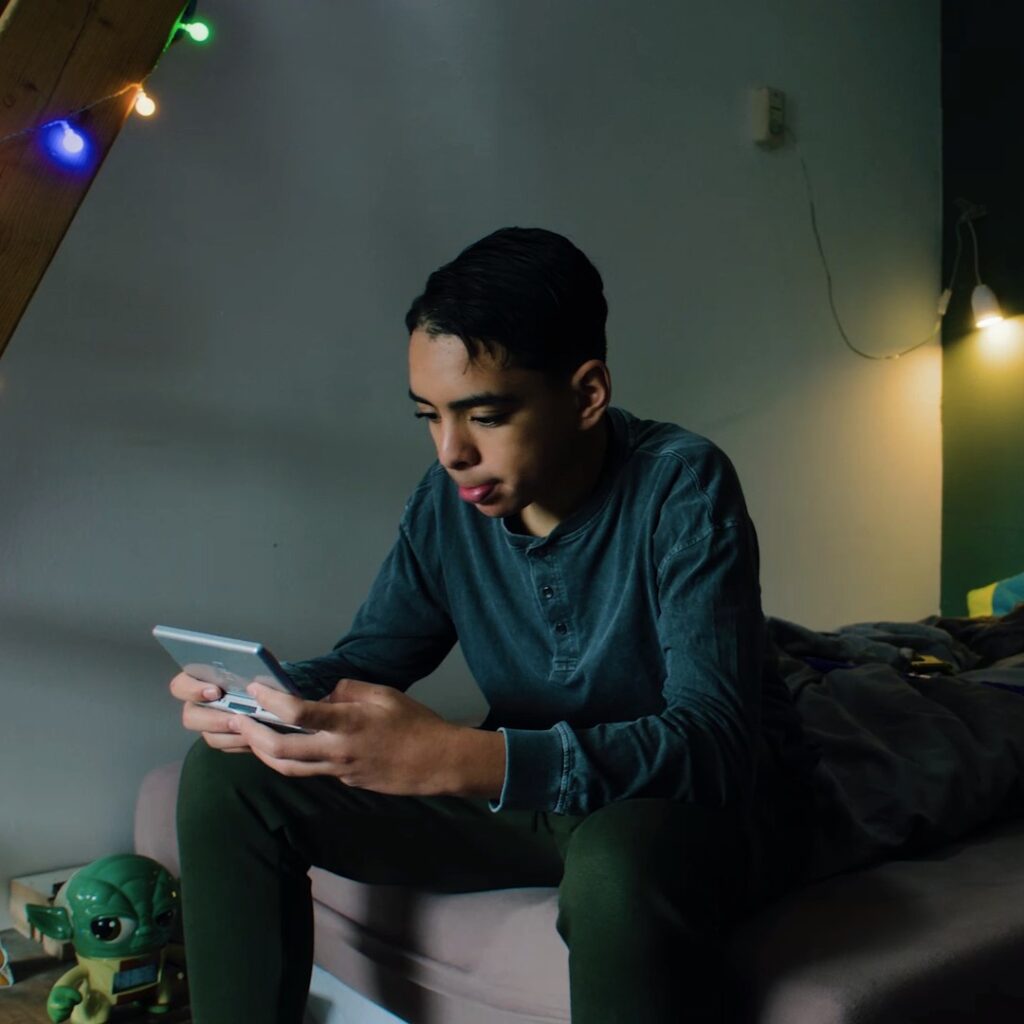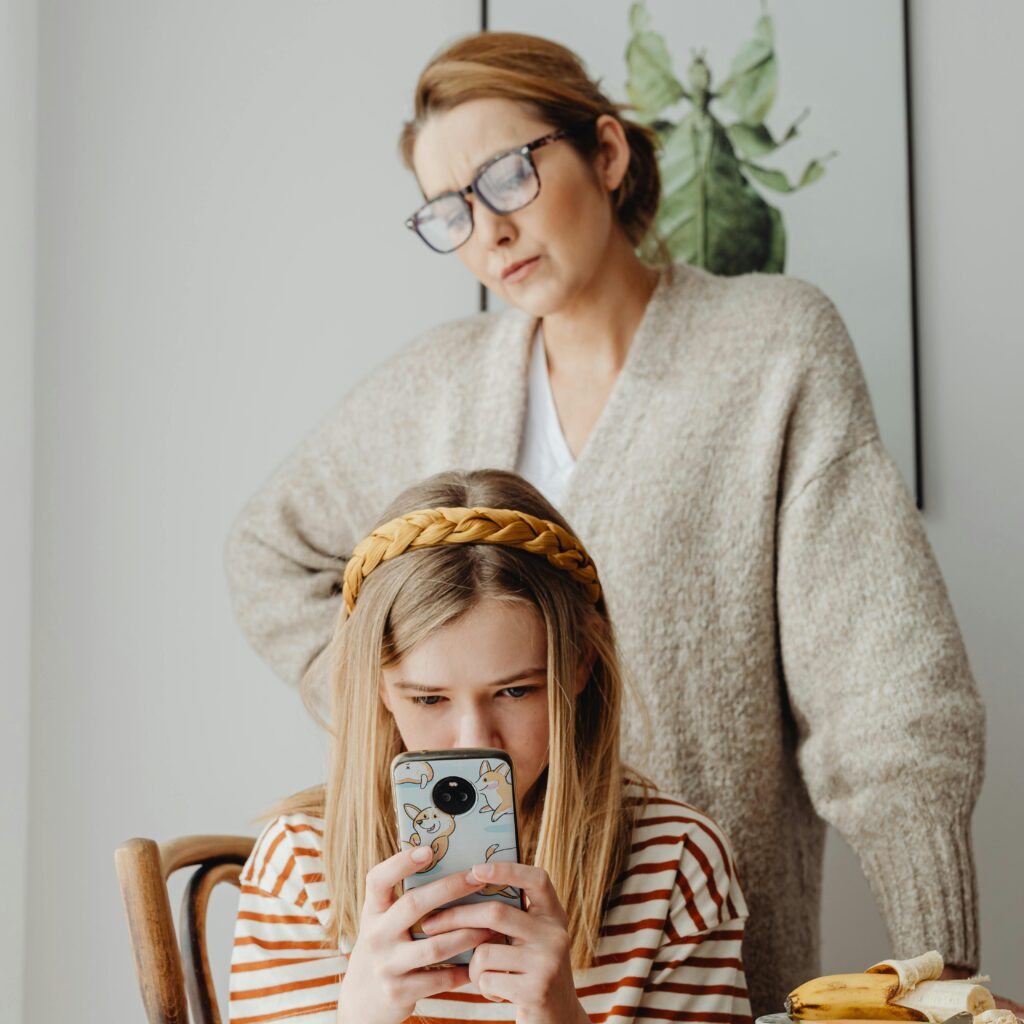At least two thirds of Dutch parents prefer to let their child receive a mobile phone at a later age than the current average of 9-11. Nearly half of children surveyed agree that it is better for them to receive a phone later. Outside of the Netherlands, there is more and more debate about waiting till the age of 14 for the first smartphone. In the Netherlands, 52% of Dutch parents and one third of children find 14 an appropriate age for the first smartphone. Yet, Dutch official statistics (CBS) currently indicate that 94% of 12-year-old children already have a phone. Are parents giving in to peer pressure or is this an emerging realization that things can and should be done differently?
The first phone – when?
Research has shown that 52% of parents and a third of children find 14 a suitable age for the first phone. 30% of parents pick 16 years or older, versus 7% of children. Children indicate that having a phone is especially important for staying in contact with friends and parents. And social media starting at age 16? This is completely fine by 60% of parents and 45% of kids.
Drowning in the digital deep
According to a study of parents with children who own a mobile phone, it appears that:
- Three-quarters know what their children are up to on their smartphone
- Only 58% have made clear agreements with their child about when they are allowed to use their smartphone
- Less than half (46%) use parental supervision features for control
- A third of families regularly argue about the use of the phone
- Especially mothers (67% vs 47% of fathers) find that their children spend too much time on their phone
“We see that many parents want to do things differently with smartphones, but don’t exactly know how. Children as well as parents are drowning in the digital deep of the first phone,” says ChatLicense founder Marjolein van Tilburg. “We think we know how the online world is put together and that it’s simply a fact for children nowadays, but we can and must do better as parents, and learn about what our children experience with their phones. Not only as police officers, but by staying in conversation in order to be there for them along the way – no matter their age.”
Scientific justification:
Both studies were carried out by ChatLicense.
- April 2024 Norstat – 340 parents and 113 children (10-16 y/o) asked about age, mobile phone use and social media
- March 2024 Direct Research – 500 parents asked about behavior and mobile phones





